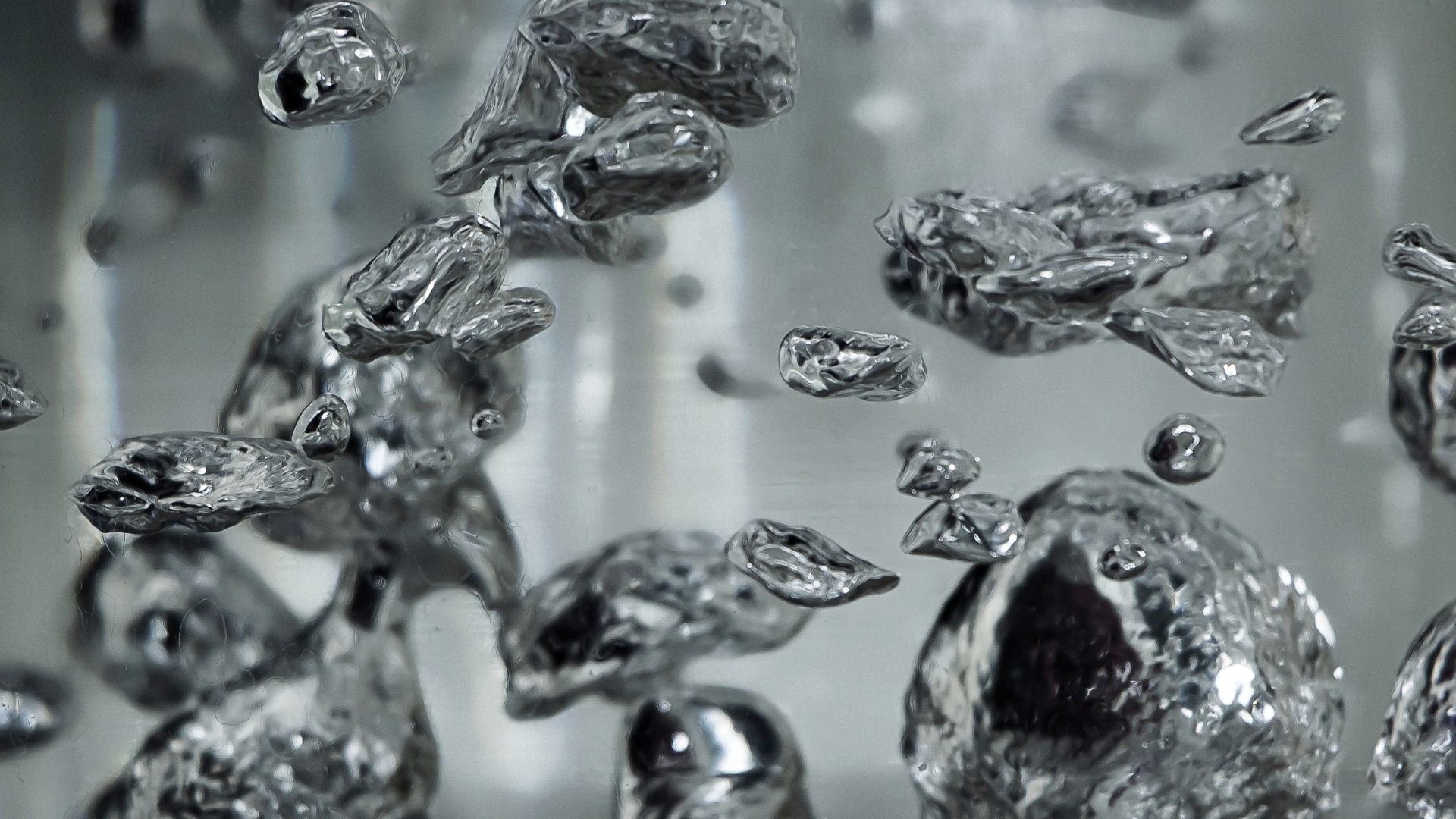Mercury Spills And Your Pet:
Summary:
Pets can be affected by mercury in many of the same ways humans can. If you break something that contains mercury in your home and your pet is in the area, they could have mercury on their feet or fur. It's important to clean your pet so that they don't get sick or track the mercury through your home.
Can my pet get sick from mercury?
Yes. Pets can be affected by mercury in many of the same ways humans can. Mercury can cause your pet to have digestive problems, as well as damage their kidneys and their brain.
If you break something that contains mercury in your home and your pet is in the area, they could have mercury on their feet or fur. It's important to clean your pet so that they don't get sick or track the mercury through your home.
What if my pet was near the spilled mercury?
Mercury can get stuck on your pet's paws or hair. If your pet was anywhere near the spill area, you should assume that they have mercury on them.
Before you get started, though...
Find a safe place for your pet.
If you haven't already, get your pet away from the spill area. Besides mercury, there could also be broken glass that your pet could step on.
Crate or put your pet outside (carrying them, if possible) until you are able to get everything you need to clean them. Remove all towels and/or blankets from the crate, unless they can be thrown away.
If it's too cold or unsafe outside, shut them in your bathroom or another room that does not have carpet, away from the mercury spill. If possible, open a window or turn on an exhaust fan in the room.
You Think Your Pet Has Mercury On It
Important!
- If possible, wash your pet outside.
- When you're done, throw the water on cement or asphalt so the water and mercury can evaporate in the sun.
- Do not throw the water into a storm drain or garden.
- Pregnant women should talk with a doctor before using shampoos with selenium sulfide. If your pet is pregnant, ask your veterinarian for advice on how to safely remove the mercury from its fur.
Step 1: Gather the items you might need to clean your pet:
- disposable rags or sponges
- selenium sulfide shampoo
- foam shaving cream
- grease-cutting dish soap
- wash tub or bathtub
Step 2: Wipe down your pet's feet.
If you think your pet may have walked through the mercury, before you let him/her back in the house:
- Wipe down his/her feet with a rag covered with foam shaving cream or greasecutting dish soap. Rinse in a tub to catch the water.
- Put the rags into a plastic bag – tightly sealing it by tying or taping if it doesn't have a zip-top.
- Put the bag with the rest of the contaminated items from your home cleanup.
Step 3: Wash your pet's fur.
If you think the mercury might be on your pet's fur:
- Wash your pet with a shampoo containing selenium sulfide like Selsun Blue®, Exsel® or Head and Shoulders Intensive Treatment Dandruff Shampoo®.
- If birds, reptiles, or other pets were exposed, call your veterinarian or American Society for the Prevention of Cruelty of Animals (ASPCA) Poison Control Center at 1-888-426-4435 for information on how to clean them.
Step 4: Contact your pet's veterinarian.
After cleaning your pet, your pet might need to visit a veterinarian for follow-up. Contact your veterinarian immediately if your pet is showing any of the following signs:
- weakness
- vomiting
- diarrhea
- coughing
- difficulty breathing
- lack of appetite
- tremors/shaking
- seizures
- difficulty walking, sitting, or standing
- increased urination or salivation
Step 5: Wipe down the crate or room.
If you had put your pet in a plastic crate or in a non-carpeted room indoors:
- Wand and wipe down the crate or floor with a disposable sponge or rag covered with shaving cream or greasecutting dish soap and rinse.
- Put the sponge or rags into a plastic bag and tightly seal it by tying or taping if it doesn't have a zip-top.
- Put the bag with the rest of the contaminated items from your home cleanup.
- Blankets, towels or rugs in your pet's crate or bathroom will need to be laid out in warm weather or the sun for several days or possibly thrown away. Do not wash these items.
- Your health department may be able to test the crate and other items for mercury and give you advice about what should be done with them.
Have questions about your pet's health?
Call your pet's veterinarian if you have other questions about your pet's exposure to mercury or mercury vapor.
You can also call the American Society for the Prevention of Cruelty of Animals (ASPCA) Poison Control Center for more information specific to your pet at 1-888-426-4435.
The ASPCA typically charges a fee for this service.
Other Concerns - Pets & Mercury
What if my pet licked or swallowed some mercury?
Metallic mercury does not absorb into the body well through the stomach. It will usually pass through without making your pet sick. Breathing the mercury vapors, though, can make them sick. This is why it is important to make sure that the mercury is washed off.
What are other ways my pet can be exposed to mercury?
A different type of mercury, methylmercury, is found in fish.
Tuna is high in mercury. If you give your pets tuna, don't give it to them too often. Use tuna as a treat rather than for regular meals. You may want to avoid feeding tuna to pregnant pets altogether.


